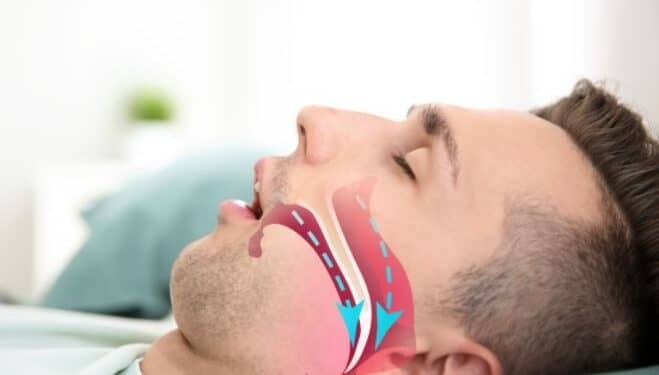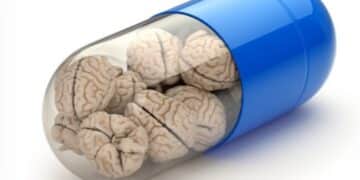Sleep apnea is a serious sleep disorder in which a person’s breathing stops and restarts repeatedly while they are asleep. It may happen more or less 100 times in a single night.
This means that people who have sleep apnea, their brains and bodies don’t get enough oxygen during the night. See an ENT specialist in Islamabad if you feel tired or lethargic even after catching 8 hours of sleep.
What are the types of sleep apnea?
Following are the three main types of sleep apnea:
1. Obstructive sleep apnea:
Obstructive sleep apnea or OSA is the most common type of sleep apnea. It occurs when soft tissues in the back of the throat collapse and airway is blocked.
2. Central sleep apnea:
Central sleep apnea occurs when your brain becomes unable to signal the muscles to breathe. It is a result of instability in the respiratory control centre.
3. Complex sleep apnea syndrome:
This type of sleep apnea occurs when a person has both obstructive sleep apnea and central sleep apnea. Complex sleep apnea syndrome is also known as treatment emergent central sleep apnea.
Are there any signs or symptoms of sleep apnea?
The most common sign or symptom of sleep apnea is snoring during the night however not everyone who snores may have sleep apnea.
The signs and symptoms of obstructive sleep apnea and central sleep apnea overlap which makes it difficult for doctors to determine your type. However some common signs of both the types are:
- loud snoring
- dryness in the mouth and throat
- waking up during the night with a choking sensation
- restless sleep
- repeated awakenings
- insomnia
- sleepiness during the day
- sleepiness while driving
- mood swings
- dizziness
- nightmares
- loss of interest in sex
- morning headaches
- difficulty in paying attention while you are awake
- irritability
Who is at risk of getting sleep apnea?
Studies show that sleep apnea can affect anyone including children. But there are certain factors that may increase your risk of getting sleep apnea. These factors are:
- Being overweight increases your risk of getting sleep apnea. It is because fat deposits around the upper airway can disrupt your breathing.
- Sleep apnea usually occurs in older adults so if you’re above 40 years you are at risk of getting sleep apnea.
- Studies believe that men are three times more likely to have sleep apnea than women.
- If your parents or grandparents have sleep apnea then you are more likely to have it.
- Having a larger neck circumference also increases your chances of having sleep apnea.
- A small jawbone, large tongue and large tonsils make you at risk for getting sleep apnea.
- If you are a smoker you are three times more likely to have sleep apnea.
- Usage of alcohol, tranquilizers and sedatives also make you prone to getting sleep apnea.
How is sleep apnea diagnosed?
For diagnosis of sleep apnea doctors usually suggest getting a polysomnogram PSG (sleep study) done. During this test your physical activities are recorded electronically while you are asleep, later on the recordings are analysed by sleep specialists to find out if you have sleep apnea or any other sleep disorder.
Other tests that help in diagnosing sleep apnea are: EEG, EOG, EMG, EKG, snore microphone and nasal airflow sensor.
How is sleep apnea treated?
Best ENT specialist in Karachi believes that minor sleep apnea can be treated with a few lifestyle changes like losing weight, changing sleep positions, treating allergies, stopping smoking and alcohol usage.
For people who are diagnosed with severe sleep apnea following are the treatment options:
- Bilevel Positive Airway Pressure (BiPAP)
- Continuous Positive Airway Pressure (CPAP)
- Automatic Positive Airway Pressure (APAP)
- Dental devices
- Somnoplasty
- Upper Airway Stimulation (UAS)
- Medication
- Surgical procedures like: Mandibular maxillomandibular advancement surgery, Uvulopalatopharyngoplasty UPPP and nasal surgery











